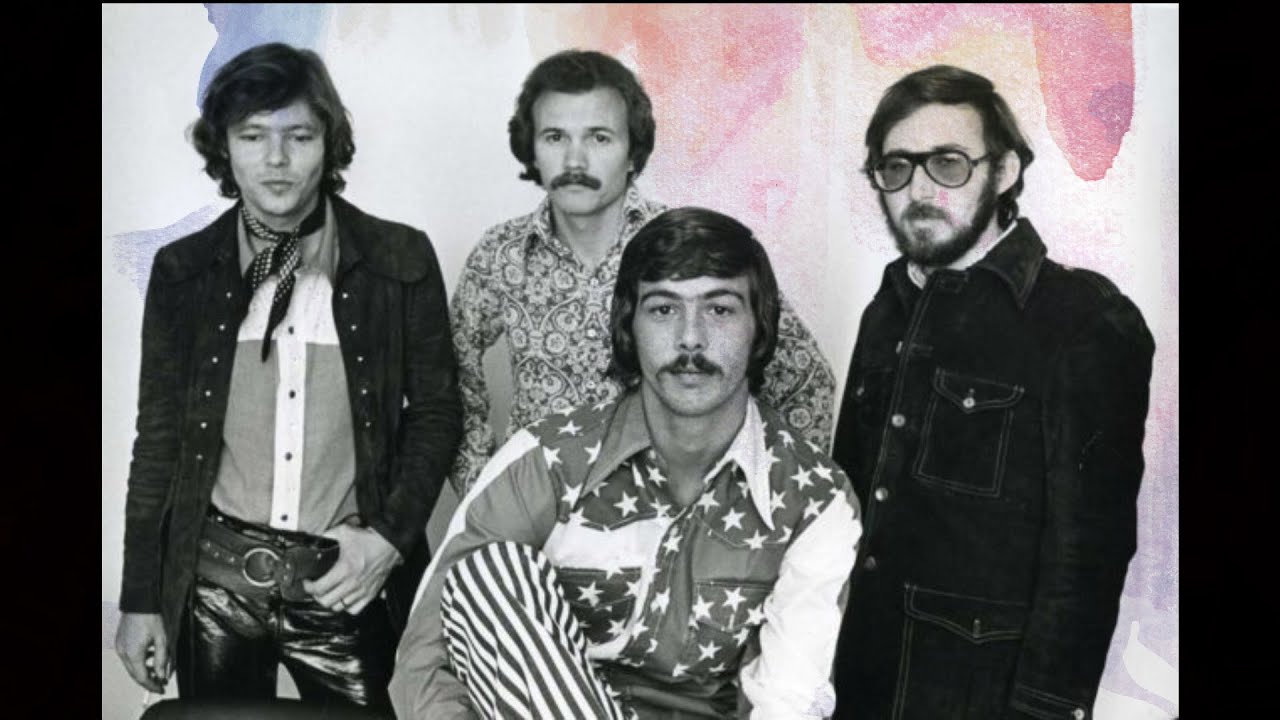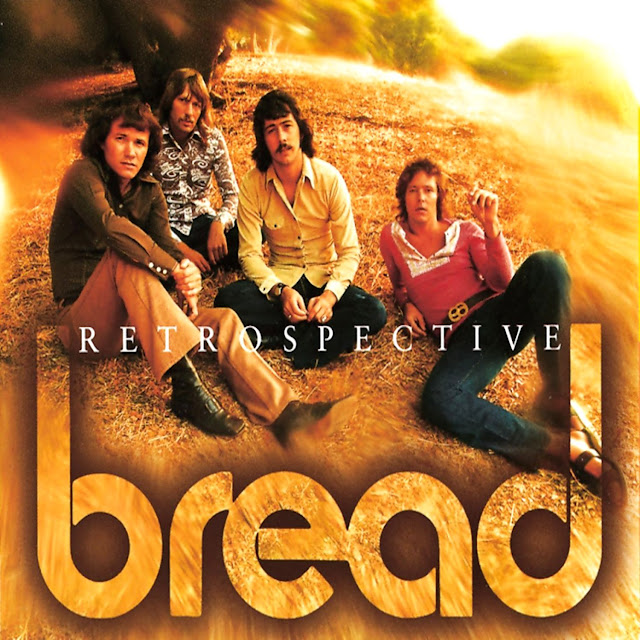
Celebrating the Spirit of Liberation and Self-Determination
In the rich tapestry of 1970s rock music, few songs capture the zeitgeist of an era as effectively as “Mother Freedom” by Bread. Released in 1971 as part of their album “Manna,” this track stands out not just for its musicality but for its embodiment of a period marked by profound social change and a quest for personal autonomy. As we delve into this piece, we unravel a narrative that is both musically enchanting and deeply resonant with the themes of its time.
“Mother Freedom” emerged at a time when Bread was already making waves on the music scene. Known primarily for their soft rock sound, characterized by melodic tunes and heartfelt lyrics, the band took a bold step with this song, infusing it with a harder rock edge. This departure from their usual style was both surprising and invigorating, showcasing their versatility and willingness to explore new musical territories.
Upon its release, “Mother Freedom” made a respectable impact on the charts. While it might not have soared to the dizzying heights of some of their other hits, like “Make It with You,” it nonetheless carved out its own niche, resonating with audiences who were attuned to the shifting cultural currents of the early ’70s. The song’s performance on the charts was reflective of its role as an anthem for those yearning for liberation and self-expression.
At its core, “Mother Freedom” is a celebration of autonomy. Its lyrics speak to a deep-seated desire for independence, a theme that was particularly poignant during a decade that witnessed significant movements for civil rights and personal freedoms. As the Vietnam War raged on and societal norms were increasingly questioned, songs like “Mother Freedom” provided a soundtrack to the burgeoning spirit of rebellion and self-determination.
The story behind “Mother Freedom” is intertwined with Bread’s own journey as artists navigating the complexities of fame and creative expression. The band, consisting of David Gates, James Griffin, Robb Royer, and later Mike Botts, had already established themselves as purveyors of emotionally resonant music. However, with “Mother Freedom,” they tapped into a more visceral energy, crafting a song that was both a personal declaration and a universal call to arms.
Musically, “Mother Freedom” is distinguished by its robust guitar riffs and driving rhythm section. This dynamic instrumentation provides the perfect backdrop for Gates’ evocative vocals, which convey both urgency and hope. The song’s arrangement underscores its message, with each instrumental layer adding to its sense of movement and progression toward liberation.
For listeners who experienced this era firsthand, “Mother Freedom” is more than just a song; it’s a time capsule that evokes memories of youth, idealism, and the pursuit of dreams unencumbered by societal constraints. The powerful imagery invoked by phrases like “freedom’s just another word for nothing left to lose” resonates deeply with those who lived through an age defined by transformation and introspection.
Today, as we reflect on Bread’s legacy, “Mother Freedom” stands out as a testament to their ability to capture the essence of their time while also crafting music that transcends it. The song continues to inspire new generations who find themselves grappling with similar themes of identity and self-empowerment. In revisiting this track, we are reminded not only of Bread’s artistic contributions but also of our own journeys toward freedom in whatever form it may take.
In conclusion, “Mother Freedom” is more than just an artifact from the past; it’s an enduring symbol of resilience and the perpetual human quest for liberation. Whether you are revisiting it as part of your youthful memories or discovering it anew, let this song serve as both a reminder and an inspiration: that freedom is not merely an end but an ongoing journey worth pursuing with passion and courage.
